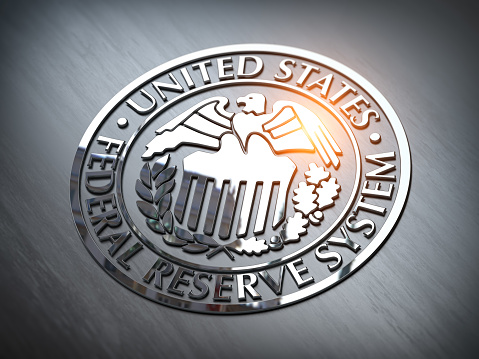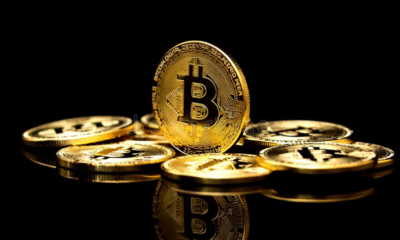
A report from the Federal Reserve backed their decision to establish a digital currency. A legislator rejected a US digital currency a few weeks ago, claiming that it goes against the objective of digital currencies by allowing the Central Bank to track users’ transactions and reducing autonomy. On the other hand, the Federal Reserve is still assessing the benefits and drawbacks of releasing a digital dollar in the United States.
The Federal Reserve Gives An Ultimatum
The Federal Reserve of the United States has given citizens 120 days to decide if they support a digital dollar. It also indicated that it would only create a digital currency with the consent of Congress and the executive branch.
The Federal Reserve Chair, Jerome H. Powell, announced that the Fed wants the public, elected officials, and stakeholders to discuss the benefits and drawbacks of a digital currency in the United States. The recently appointed Fed’s No. 2 official, Lael Brainard, has exhibited a keen interest in the continuing debate.
Lael, a member of the Central Bank’s Board of Governors, stated that a digital currency for the United States would be a competitive requirement for the country worldwide. According to her, a digital currency issued by a central bank will help lower-income Americans access the financial system.
Opposition to the U.S Digital Currency
The banking industry opposes the US digital currency because it would allow the Federal Reserve to provide customers with banking services. Most commercial banks argue that it would cause financial market instability. The Federal Reserve’s influence in the economy will increase if they are permitted to issue consumers’ accounts.
On the other hand, the Federal Reserve announced last Thursday that it would not be issuing customer accounts. While the Central Bank will not provide consumer accounts, commercial companies will offer smart wallets where consumers may store and spend the cash.
Despite the criticism, senior regulators have addressed steady issuers’ incapacity to control the size of their reserves, which can be dangerous if demand fluctuates. The Treasury Department ordered that Stablecoin companies be regulated last November. The Federal Reserve Chair, Jerome Powell, stated that the existence of Stablecoins is unaffected by the introduction of a digital currency in the United States.
Furthermore, the Fed noted that a digital currency issued by the United States would promote development and provide a more secure deposit option than Stablecoins and other non-fiat currencies. The Central Bank further stated that the digital dollar of the United States would not be able to replace the fiat currency.
According to the Federal Reserve, commercial banks should consider digital money to expand payment options rather than replacing them or destabilizing the system.









